ZAMBOANGA PENINSULA POLYTECHNIC STATE UNIVERSITY (PIO) — The Disaster and Risk Reduction Management Office of the university, through the Extension Management Office, provided a five-day comprehensive training course on ‘Project PREPARE’ among the Philippine Army personnel of the 2nd Maintenance Battalion, 2nd Logistics Support Group, held at their campus recently.
The project, dubbed “Preparedness and Resilience Enhancement Program for Adaptation and Recovery (PREPARE),” aimed to strengthen the capacity of trainees for humanitarian assistance, security and disaster response — their actual and crucial role in society.
ZPPSU-DRRMO headed by Dr. Michael Cabiles, with his personnel and student volunteers, facilitated the specialized training, including basic response to common injuries, safe patient movement techniques, reinforcement of learning and practical skills, among others.
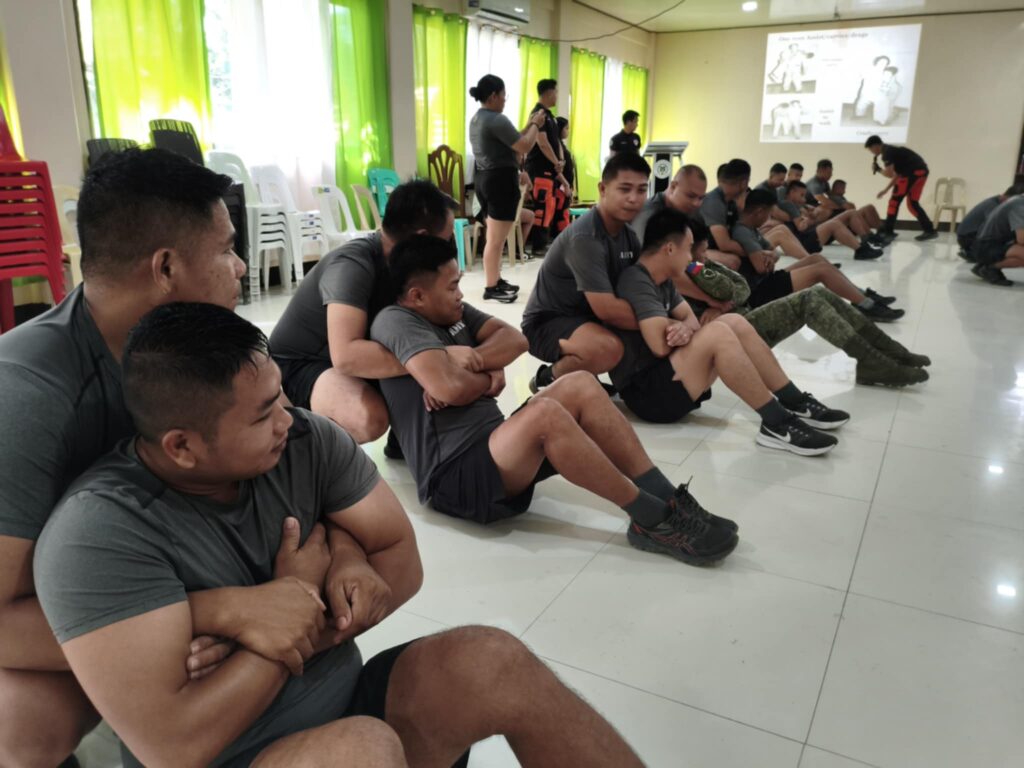
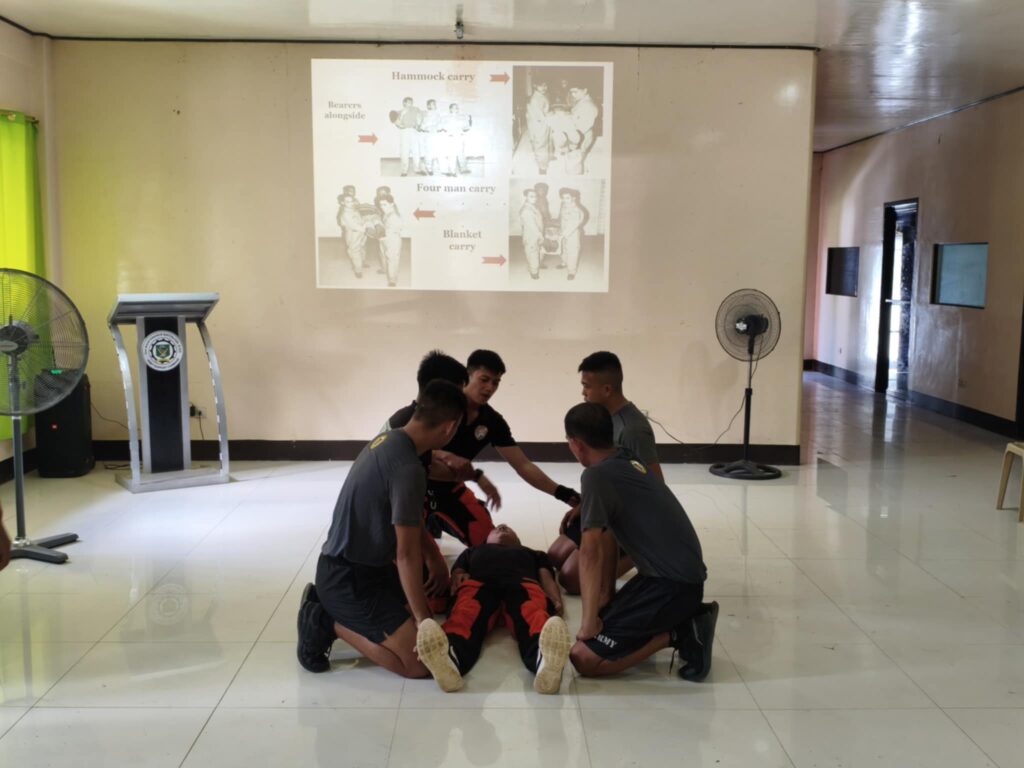
The trainers believed that this would equip the battalion with the necessary skills and knowledge to effectively support civilian-led responses, act as force multipliers, and ensure the safety of both personnel and affected communities, as cited by Dr. Cabiles in his proposal.
More so, the project is aligned and rooted with national frameworks, such as Republic Act No. 10121 (The Philippine Disaster Risk Reduction and Management Act of 2010) and the Incident Command System (ICS), which could help contribute to the attainment of the Philippine Development Plan by 2028 of President Ferdinand “Bongbong” Marcos Jr.
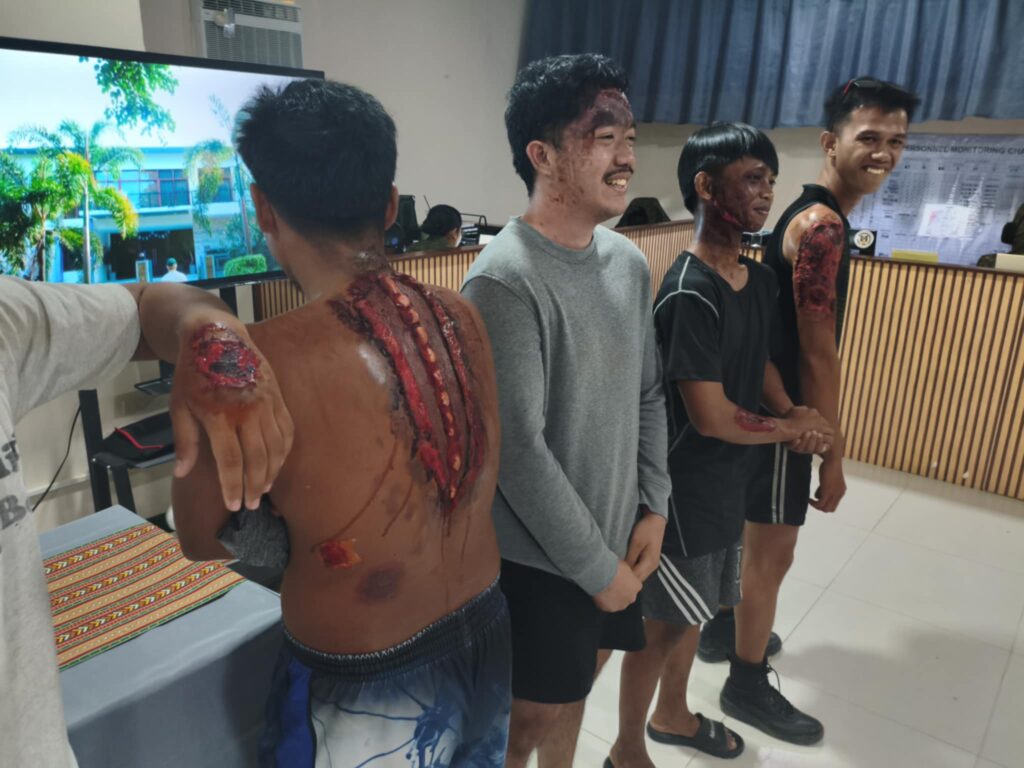
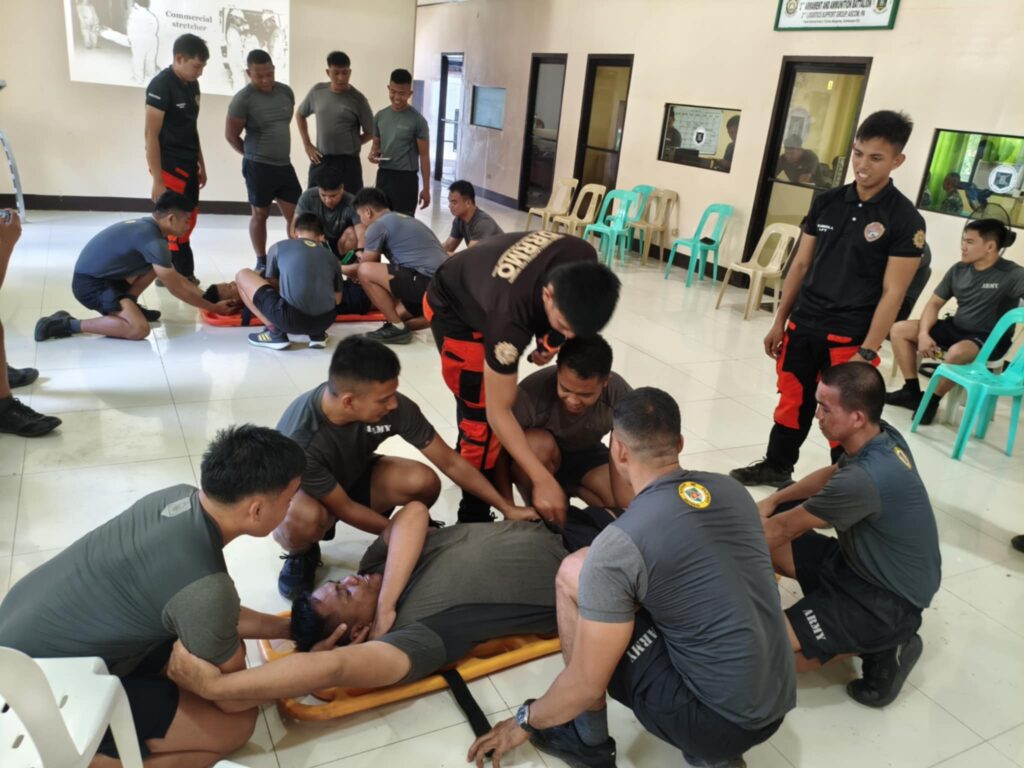
The extension training program was attended by more than 150 participants across units of the army. In the event, the Memorandum of Agreement (MOA) was signed in 2024, now formalizing the partnership between ZPPSU and the Philippine Army.
The office was in the fullest collaboration with the Office of the Vice President for Research and Extension Dr. Rolando Malalay, and Extension Management Office headed by Director Cellyn Aron Verallo.
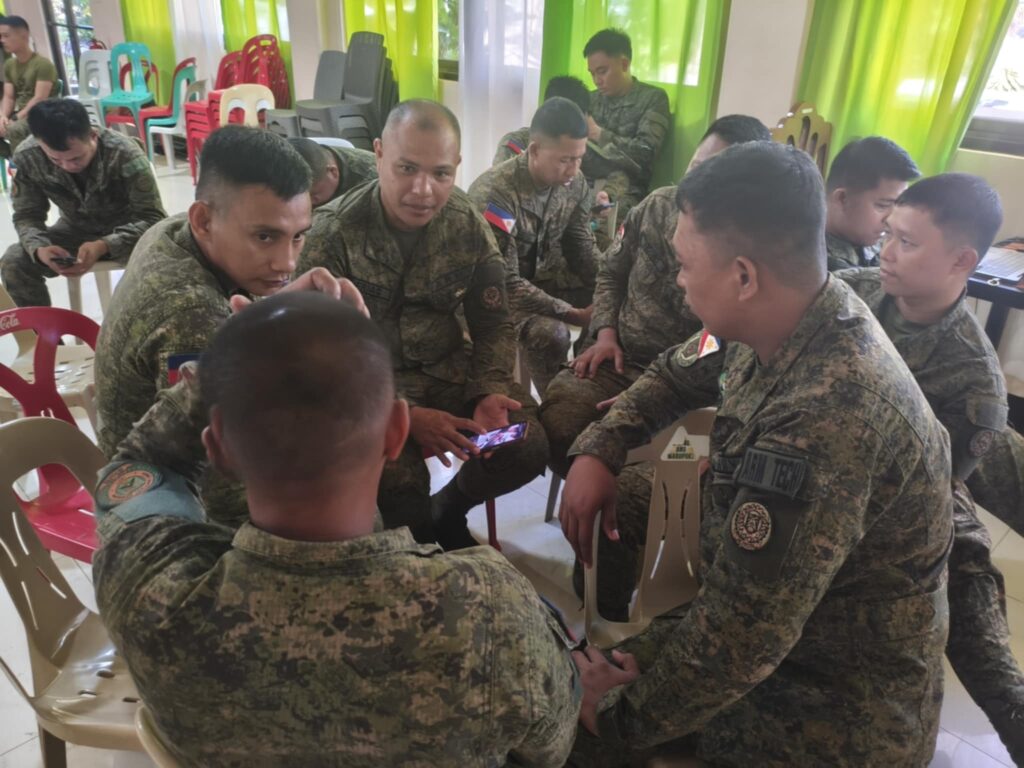
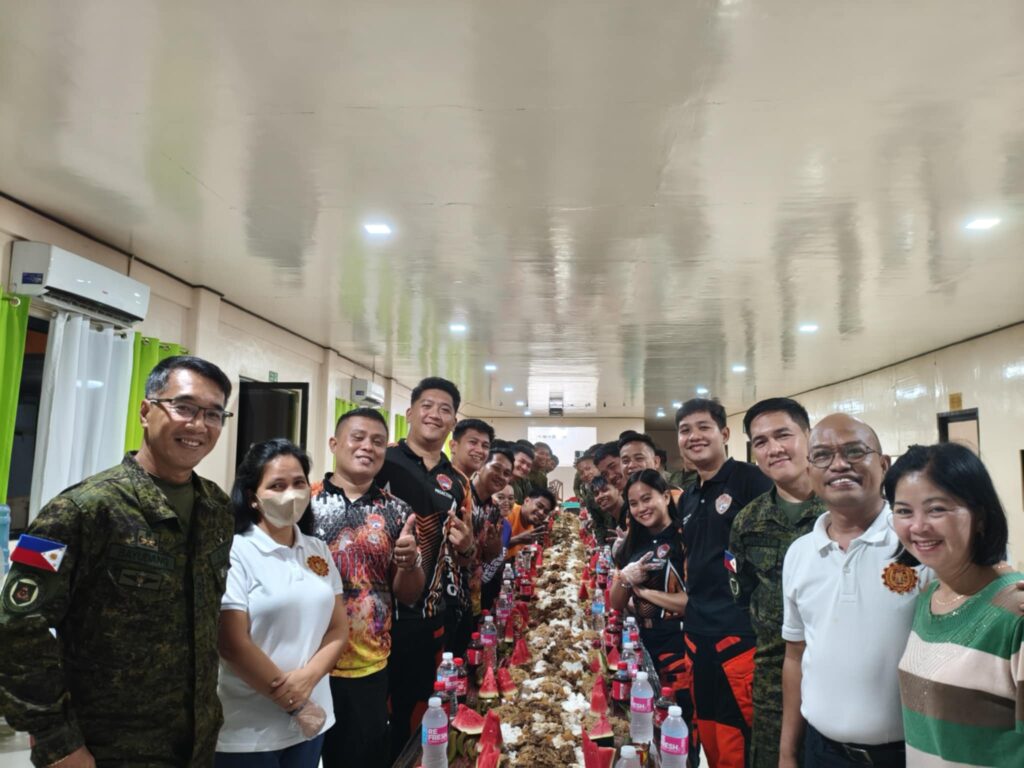
The university is hopeful that with the implemented training session, the troops would enhance life-saving competencies, strengthen response efficiency, capacitate army units as first responders, and foster leadership, teamwork, and quick decision-making skills. (JRA/ABC/Photos: ZPPSU-DRRMO/Public Information Office)
